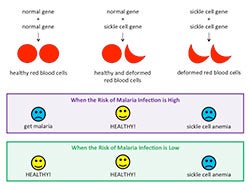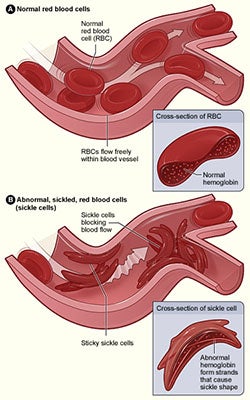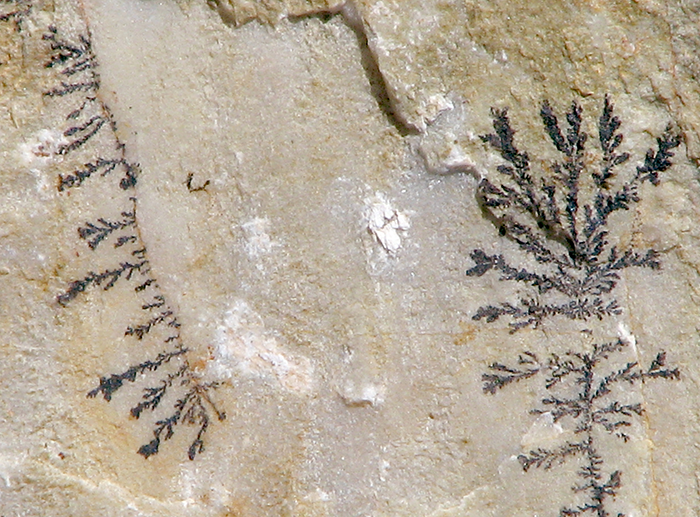
The genetic fight against infection
Getting a cold is never fun. Neither is the flu or when a cut on your arm gets infected. Some people deal with illness a lot more than others. But why do some people get sick a lot while others seem to never get sick? And why do different people get different illnesses? Part of this is due to your DNA.
 Illness is defined as a disease or sickness that affects the body, the mind, or both. Illnesses can either be caused by external factors or internal factors. A cold is an example of a disease caused by an external organism known as a virus, which infects your cells. On the other hand, cancer is an internal disease that is caused by some of your cells that get out of control.
Illness is defined as a disease or sickness that affects the body, the mind, or both. Illnesses can either be caused by external factors or internal factors. A cold is an example of a disease caused by an external organism known as a virus, which infects your cells. On the other hand, cancer is an internal disease that is caused by some of your cells that get out of control.
All people can get sick from either of these factors, but people differ in how easily they get certain diseases. A person’s DNA and surroundings both help to make these distinctions. But diseases can also affect human DNA, in turn, by affecting evolution over time.
One human disease that has had this effect is malaria. This infection causes your red blood cells to burst. It was common in the past and continues to affect people today. Because of this long history, human populations have evolved some protection from infection. This is especially true of people in areas where malaria is still a problem.
 One way humans can be protected from malaria is if they have a copy of the sickle cell gene in their DNA. The normal version of this gene makes healthy blood cells, while the sickle cell version makes deformed blood cells. When a person has one normal gene and one sickle cell gene, he or she has a mix of healthy and deformed blood cells. The sickle cell gene also produces different enzymes than the normal gene. These factors help protect against the bursting of cells from malaria infection.
One way humans can be protected from malaria is if they have a copy of the sickle cell gene in their DNA. The normal version of this gene makes healthy blood cells, while the sickle cell version makes deformed blood cells. When a person has one normal gene and one sickle cell gene, he or she has a mix of healthy and deformed blood cells. The sickle cell gene also produces different enzymes than the normal gene. These factors help protect against the bursting of cells from malaria infection.
On the other hand, people with two sickle cell genes get sickle cell anemia, in which oxygen delivery in the body is decreased. People with two normal genes can get malaria. Thus, high frequencies of this sickle cell gene have evolved in human populations that have high rates of malaria infection.
So it goes both ways—you impact which diseases you get and diseases can impact you.
Be Part of
Ask An Anthropologist
By volunteering, or simply sending us feedback on the site. Scientists, teachers, writers, illustrators, and translators are all important to the program. If you are interested in helping with the website we have a volunteers page to get the process started.

